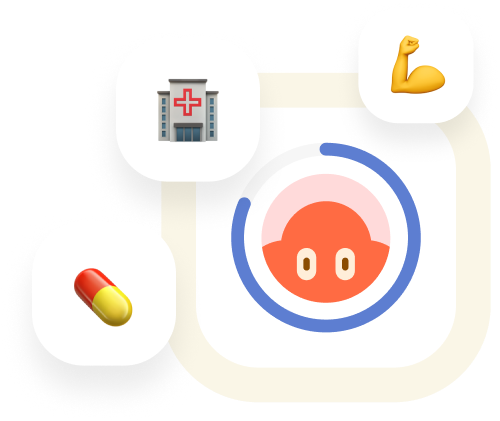Figure out what you can do on good days and bad day. Some days I have to do all floor exercises, others they make me so nauseous. Some days I can do some squats, others I feel like I’ll pass out just thinking about trying. For me light and slow deadlifting and seating leg machines are typically always good. I just gauge on how I feel and try to look up different workout for what I need for my symptoms and make note of what is good and worse for what. Having someone with me if going on a walk on shaky days helps. I take a lot of breaks and sit on a low ball, foam roller, or step- easier for me to get up from than the ground but low enough to not cause pain from sitting completely upright…over half the time I’m “working out” I’m really sitting/resting but that’s better than nothing and does make me feel better usually. On bad days it helps a lot to really drag out transition from floor, knee, and slowly rise. I’m a personal trainer and can tell you if you look up exercises variations for low blood pressure & dizziness when exercising there’s a lot more than just the recumbent bike, and some are really helpful just need to find what works and be careful with implementing. Bands are also great because you can do less big movements. Biggest tip- transition movements slow and the more you do it, the more your body will adapt to what you’re asking of it when you set up the right conditions to properly recover. Remember your body will perform differently on different days so a good test to check how well you’ll do with more complex movement that day is a grip strength test- if it’s hard to hold a grip on a glass of water or feels shaky or not as strong, take it slow or rest if it’s really bad! If you push it on bad days, your body will not respond well and take longer to recover. And on the other side if you grip with no problem, you feel stronger than normal, then your body is more resilient and ready to take on more and can adapt better. That’s be a day where try more movement and typically ones that would usually may make your symptoms worse might be doable and help your body get stronger. The stronger your muscles are, the more effective they are at pumping blood throughout your body. Grip strength test directly correlates to your HRV (heart rate variability) and changes daily, which tells you how well your body with handle and recover from stress. It tells you when it’s safer to try more and when to take it easy or rest. You can also get HRV fit tracker.





